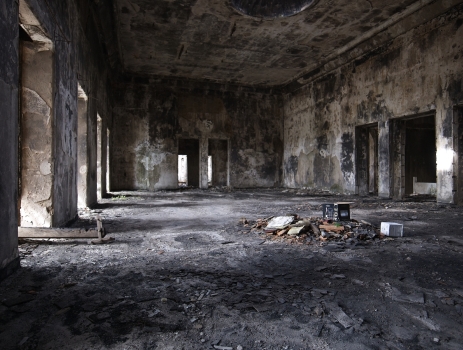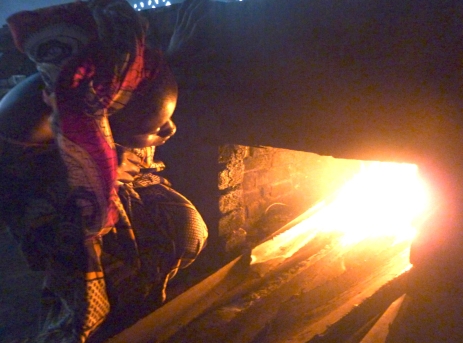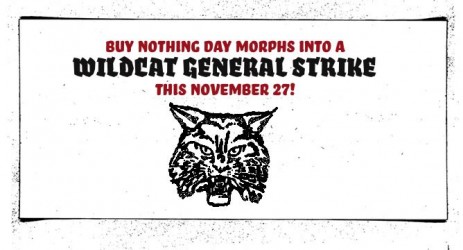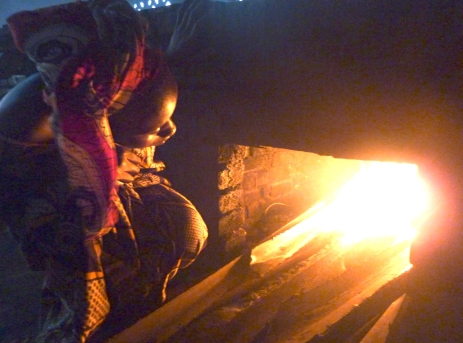 The Presidential Palace. The Presidential Palace in Guinea Bissau lies derelict and burnt out. You can walk amongst the shards of broken crockery, blackened banisters, and singed carpets. Its empty rooms are a fitting metaphor for this failing state.
The Presidential Palace. The Presidential Palace in Guinea Bissau lies derelict and burnt out. You can walk amongst the shards of broken crockery, blackened banisters, and singed carpets. Its empty rooms are a fitting metaphor for this failing state.
Teachers in the public sector have not been paid in years. Portuguese, the official language, is hardly spoken by young people and the nation is reverting to a creole contributing to its international isolation.
In a country which ranks 10th from the bottom on the U.N.’s Human Development Index and where life expectancy is 47, there are perhaps more pressing concerns than educating people about climate change.
However, the International Union for Conservation of Nature (IUCN) is doing just that. Nelson Gomez Dias, Country Director in Guinea Bissau, described the mobile laboratory used to educate children in Guinea Bissau on one of its most pressing environmental challenges. Biomass fuel.
Biomass fuel (charcoal and wood) is the single greatest contributor to deforestation in the world. The rural roads of Guinea Bissau are lined with sacks of the stuff on sale to truck drivers to transport to urban markets. And there is great demand as 80 percent of Africans rely on biomass for energy.
The IUCN takes its laboratory to schools across the country. Climate change per se is not on the curriculum. They believe you can only encourage people to act sustainably if you offer them a tangible improvement to their quality of life.
 They ask children to boil two liters of water, trialling three methods: the traditional three stone fire with charcoal, with wood, and a biomass burning stove made from termite mud, cow dung and rice stalks. The latter performs better against all criteria: time to boil, amount of fuel required, energy required to fetch fuel, cost of fuel, and associated health implications.
They ask children to boil two liters of water, trialling three methods: the traditional three stone fire with charcoal, with wood, and a biomass burning stove made from termite mud, cow dung and rice stalks. The latter performs better against all criteria: time to boil, amount of fuel required, energy required to fetch fuel, cost of fuel, and associated health implications.
The lesson encourages children to use their resources more sustainably, teaching them how to make the stoves, using materials available throughout Guinea Bissau. Children are also extremely effective agents of change, nagging their parents to adopt the new stoves.
The program targets the most vulnerable members of society, reducing women and children’s daily chores, while bringing cost savings and health benefits. Effective environmental education in a country where formal education has gone up in smoke.




